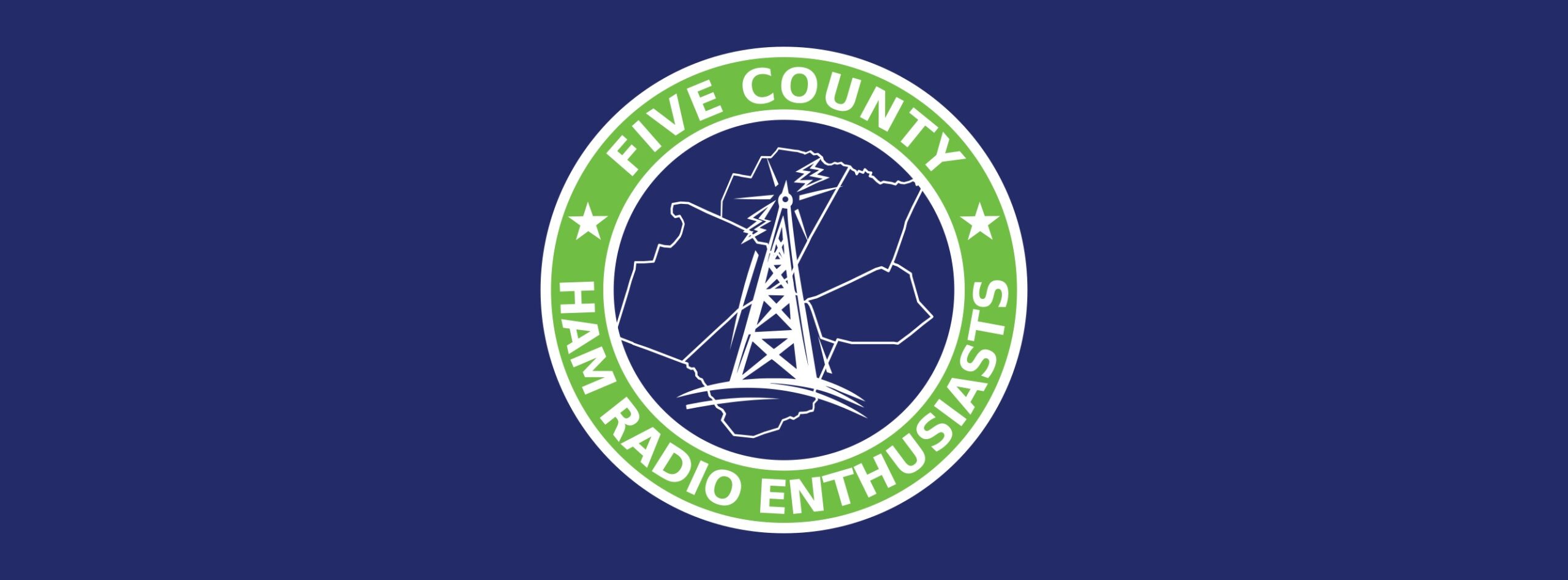Welcome to the hobby! Here are some helpful hints to smooth your entry into the world of radio communication. Hopefully, you will have a positive experience and take further examinations to open up new privileges and opportunities to experiment with different modes of communication in this 100+ year-old hobby. The aim of this document is to provide you with resources and information to help you along the way. Of course, since experience is the best teacher, don’t hesitate to get involved.
Now that you have a license, you need to get an introductory radio, if you don’t already have one, to first listen to hams converse and then strike out with your first QSO (communication) by stating your call sign during a break in the ongoing conversation, whether it be on a local repeater, simplex frequency, or one of the HF bands. However, remember that your initial privileges limit you to VHF/UHF bands and a very small portion of the 10-meter HF band. Depending upon the type of radio that you have/purchase, you may need an exterior antenna to enhance your radio experience.
You can find and purchase many useful reference books on Amazon, eBay or from ARRL if you become a member (discounted pricing, sometimes better than other sources). You should buy, as a minimum (and considering your financial resources), a recent edition of the ARRL Operating Manual and a similar edition of the ARRL Handbook. Books for antennas, digital modes, contesting, etc. are also available from these sources.
Local Club Affiliation A useful site for local ham clubs. Use this link ARRL-affiliated clubs to find clubs near you. FCHRE generally covers Wake, Franklin, Johnston, Nash and Wilson counties It is an informal group with no officers and no dues. Before Covid they had monthly dinner meetings and do have an active no charge VE team. In Wake, e.g., you have Raleigh Amateur Radio Society (RARS) and South Wake Amateur Radio Club. Johnston County has Johnston Amateur Radio Society (JARS); Franklin County has Franklin County Amateur Radio Club (FCARC) (fcarc.net); Nash County has Tar River Amateur Radio Club (qsl.net); and Wilson County has Wilson Amateur Radio Association (Facebook).
Local Repeaters and Networks Click on the link for the local VHF/UHF repeaters. There are two other sources– Piedmont Coastal Repeater Network and Carolina 440 Net. Both of these groups encourage financial supporters as they are the maintainers of the repeaters listed. Each site has info about PL tones, if required, and offsets required for proper receiving and transmitting. You can learn a lot about frequent nets that broadcast at all hours of the day and days of the week.
Find an ‘Elmer’: An Elmer is an experience ham operator who can help you navigate the sometimes ‘turbulent waters’ of your new hobby. Many of the clubs mentioned, when allowed to meet in person, have technical sessions available to assist with items of interest, e.g., antennas, soldering, etc.
Local Nets Once again thanks to Tadd Torborg (KA2DEW) for his list of local ham resources. Click on the link for the local nets. Nets is where hams can and belong to a group and check in on a regular basis.
Most importantly, listen and have fun! Check in on nets when you feel comfortable; ‘microphone fright’ is not a new phenomenon. It has happened to all of us at one time or another.
Remember, the FCHRE Group.io web site is a good place to throw out your questions about almost anything radio. Join by submitting your email address in the link below. There are plenty of us with answers, even if we are biased toward particular equipment, etc. So that we can identify who you are be sure to update your profile information in the groups.io website. Also so I can have your contact information please complete the membership application. Oh once you complete your groups.io subscription post an introduction about yourself.
Thanks to Richard Hall (K7RLH) for providing most of the information for this website. We will be updating the information as needed.
Member submitted articles and info for new hams
